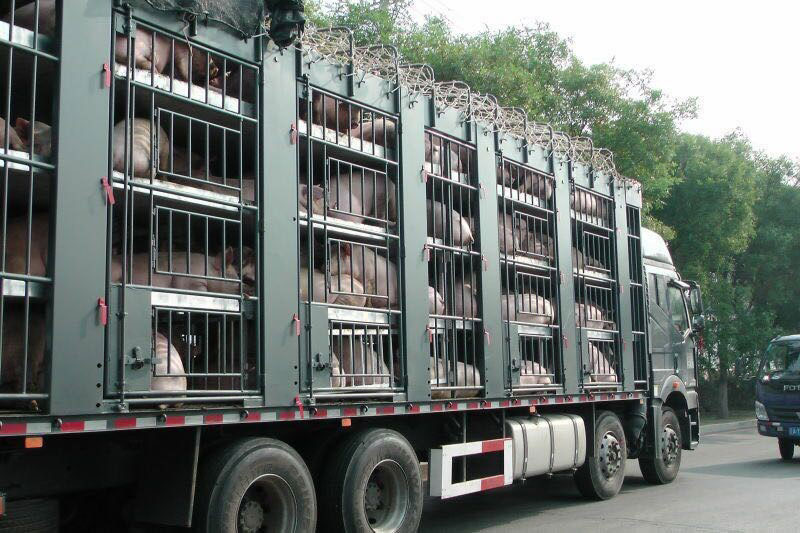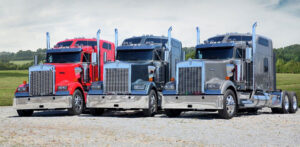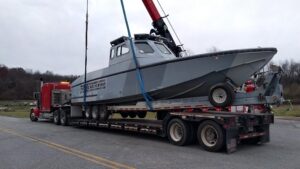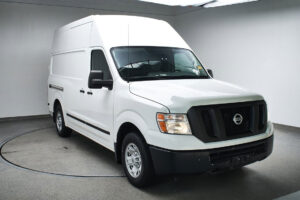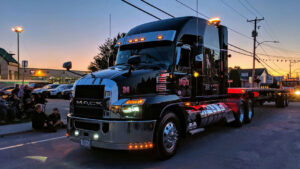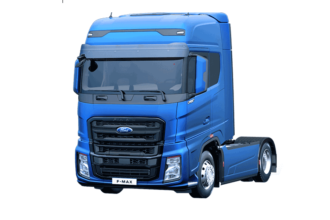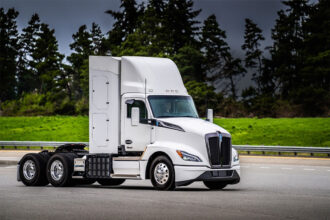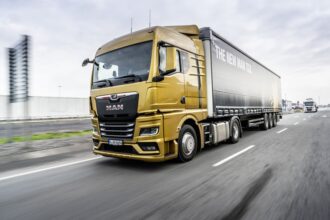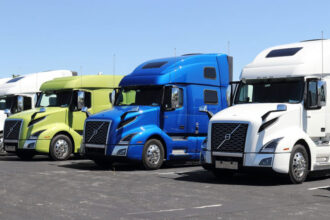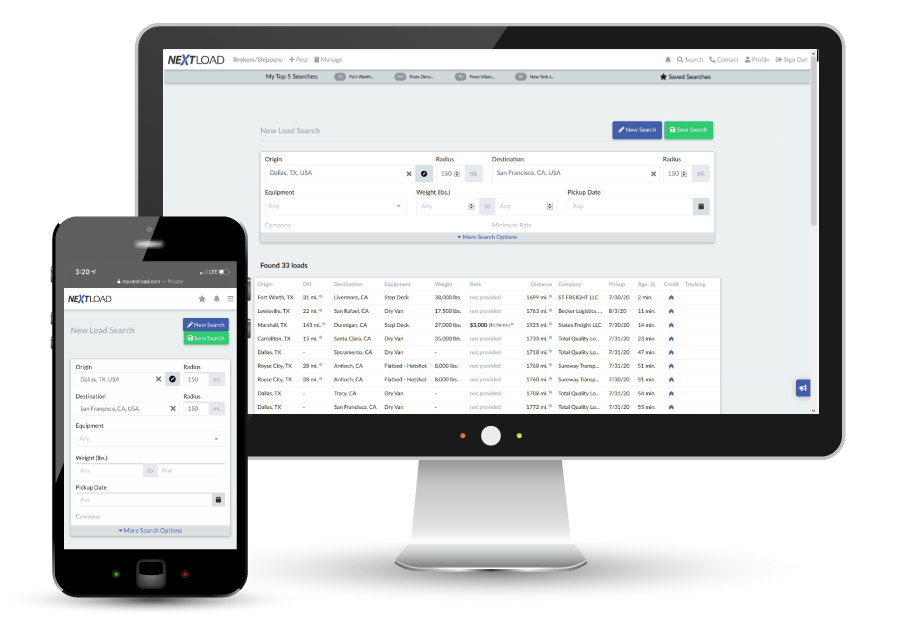Table of Contents
Introduction
Do you know that setting up your livestock truck business as a C Corporation requires critical deliberation? As you embark on this journey, you must weigh the advantages and complexities of this business structure to align with your long-term goals.
A livestock truck business involves transporting animals, such as cattle, pigs, sheep, or poultry, from farms or auctions to various destinations, such as processing facilities, markets, or other farms. You use specialized trucks designed to transport livestock safely and humanely over short or long distances.
A C Corp provides you with distinct benefits such as limited liability protection, potential tax advantages, and the ability to attract investors through the sale of stock. However, it also entails intricate legal formalities, extensive paperwork, and double taxation on profits, which might not suit every business model.
You need to assess your aspirations, financial plans, and growth strategies closely. Ensure you remain updated on the latest legal regulations and tax implications as it can significantly impact your business’s performance and compliance. Your choice should ultimately align with the specific needs and aspirations you have for your livestock truck business.
Livestock Truck Business: Should I Set Up as a C Corp?
- Liability Protection
- Tax Implications
- Investment Potential
- Complex Legal Formalities
- IRS Requirements
- Financial Planning
- Potential Pitfalls
Recap
>>>MORE: Livestock Truck Business Ideas
1. Liability Protection
If you’re considering a C Corporation for your livestock truck business, you’ll encounter a significant aspect: liability protection. Opting for this structure means safeguarding your personal assets in case of unforeseen circumstances.
Specifically tailored to the livestock truck industry, this shields your personal wealth from potential lawsuits or liabilities arising from accidents during transportation.
Picture this: if an unfortunate incident occurs during the livestock transport, such as an animal getting injured, causing third-party harm or property damage—operating as a C Corporation helps protect your savings, home, or other personal assets from being seized to cover legal claims.
This separation between your personal and business assets can offer you peace of mind while conducting operations. However, it’s vital you maintain adherence to regulations and safety protocols to maximize this liability protection and ensure ethical and responsible business practices in the livestock transportation domain.
2. Tax Implications
It’s crucial you understand the tax implications of running your livestock truck business as a C Corporation. Here’s where you dive into the realm of double taxation.
As a C Corp, the business itself is taxed on its profits, and when those profits are distributed to shareholders (including you), it is taxed again at the individual level. This setup means that the same earnings are subject to taxation twice, reducing the overall income retained by you and other shareholders.
In the context of livestock transportation, it impacts your bottom line. Imagine this scenario: if your business generates substantial profits and you intend to take home a significant portion of those earnings, the double taxation model might reduce your personal income after taxation.
However, this structure might offer you certain tax advantages. For instance, you can reinvest a portion of the profits back into the business, potentially reducing the overall tax burden. Additionally, you may explore deductions related to vehicle maintenance, fuel expenses, and other operational costs essential to the livestock truck business.
Yet, navigating the tax landscape demands careful planning and compliance with specific IRS regulations. You need to engage with tax professionals so you can receive invaluable insights into maximizing deductions and structuring your business to optimize tax benefits within the livestock trucking sector.
3. Investment Potential
Operating your livestock truck business as a C Corporation offers you a unique advantage: the ability to attract investors through the sale of shares. As the owner, you can sell ownership stakes in the company, allowing investors to buy in and become partial owners.
This structure not only brings in capital but also enables the business to access funds for growth and expansion. So, if you plan to scale your livestock truck operations, seeking outside investment through a C Corporation structure could be advantageous.
Investors are often more inclined to invest in C Corps due to the potential for dividends and the structure’s stability, providing you with opportunities to secure funding for purchasing more advanced transportation equipment or expanding your services to cover larger markets.
It’s essential you outline a clear business strategy to attract potential investors and showcase the growth prospects of your livestock truck business.
4. Complex Legal Formalities
A C Corporation setup for your livestock truck business involves complex legal formalities. You’ll encounter a maze of administrative requirements and legal intricacies that demand your attention. As the owner, you must navigate extensive paperwork and comply with state and federal regulations specific to C Corporations.
You should expect requirements like creating and maintaining corporate bylaws, issuing stock certificates, and conducting regular shareholder meetings. In the context of livestock transportation, this means you ensure compliance not only with business regulations but also with transportation laws governing the ethical treatment and proper handling of animals during transit.
Additionally, establishing a C Corporation requires you file documentation with the state, pay incorporation fees, and adhere to ongoing compliance measures. Legal professionals who specialize in corporate law can guide you through these complexities, ensuring that you meet all legal obligations while focusing on growing your livestock truck business.
5. IRS Requirements
You must fulfill specific IRS requirements to operate your livestock truck business as a C Corporation. These obligations are critical as it directly impacts you and your business operations.
Firstly, you need to obtain an employer identification number (EIN), acting as a social security number for your corporation. This unique identifier is essential for tax filings, hiring employees, and opening business bank accounts.
Additionally, you’re required to file corporate tax returns annually, reporting your business’s income, expenses, and other financial details to the IRS. Given the nature of your business, you must understand and comply with tax deductions and credits related to the industry which can significantly impact your tax liabilities.
6. Financial Planning
Financial planning is a key strategic tool you should utilize while structuring your livestock truck business as a C Corporation. You must align your financial strategies with your long-term goals. It’s important you forecast revenues, project expenses, and plan for growth opportunities.
As the owner, your financial decisions can significantly impact the business’s trajectory. This includes the funds you allocate to acquire and maintain specialized trucks, ensure animal welfare during transport, and comply with industry standards and regulations.
Moreover, creating a robust financial plan allows you to anticipate and manage potential risks, like fluctuating fuel costs or market demands. Also, you need to consider strategies for optimizing profits while navigating the complexities of tax regulations.
Make sure you engage with financial advisors and accountants specialized in the transportation industry because it will help you make informed financial decisions, laying a solid foundation for your livestock truck business’s success.
7. Potential Pitfalls
Be aware of potential pitfalls that could affect you when you set up your livestock truck business as a C Corporation. For instance, the complexity of a C Corp structure might lead to increased administrative burdens and higher operational costs for you.
The extensive paperwork, compliance with stringent regulations, and the need for legal and accounting assistance could strain your resources and time. Furthermore, double taxation—the corporation’s and shareholders’ tax burden—can reduce the amount of profit you take home.
Unforeseen expenses, such as vehicle maintenance or fluctuating fuel prices, might affect your bottom line. Moreover, if you do not manage your business effectively, shareholder expectations and governance complexities could impact decision-making processes, potentially slowing down your business operations.
Being well-informed about these potential pitfalls enables you to plan and mitigate risks effectively while you establish your livestock truck business as a C Corporation.
Recap
When considering a C Corporation setup for your livestock truck business, you face critical choices. You need to weigh the pros and cons that directly affect you. From liability protection and tax implications to regulatory responsibilities, each aspect shapes how you operate and grow your business within the industry.


